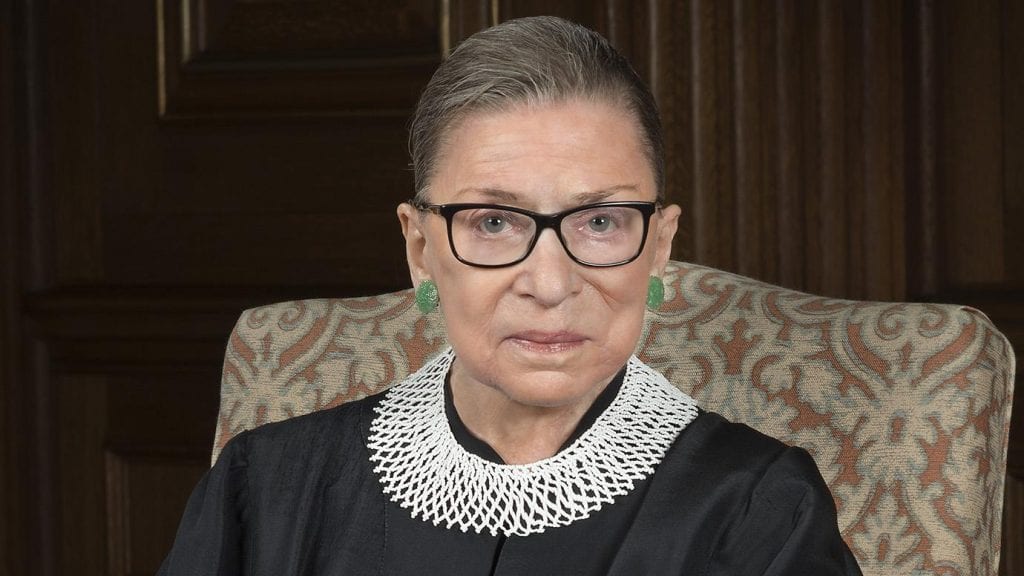Current work in wildlife, rivers, public lands, and climate
Press Releases
Justice Ruth Bader Ginsburg’s pioneering role for women and the most vulnerable celebrated
Santa Fe, NM—U.S. Supreme Court Justice Ruth Bader Ginsburg died on Friday as a result of complications due to metastatic pancreas cancer. She was 87 years old. She had served on the Supreme Court since 1993, authoring dozens of critical opinions on the court that protected civil liberties and outlawed gender discrimination. In response, WildEarth Guardians’ Executive Director, John Horning, issued the following statement:
“The death of Justice Ruth Bader Ginsburg is a tremendous loss for all Americans. I am deeply saddened. She was a steadfast guardian of the vulnerable. She was not only a life-long advocate and crusader for equal rights for women, she was also the central force reversing decisions that allowed the execution of minors and the mentally challenged. Her intelligence and insight were a guiding light not only for the Supreme Court, but for the millions of Americans she inspired.”
“She was a trailblazer—the first female member of the Harvard Law Review, the first tenured female professor at Columbia University Law School, and the first Jewish woman on the Supreme Court.”
“In her work as a judge and a justice she embodied the core American value of equal justice under the law. There is no higher legal principle under the law and our society and the most vulnerable among us are better protected because of her legal career.”
We recognize that Justice Ginsburg made mistakes, serious ones, relating to Indian rights and sovereignty. Justice Ginsburg felt the greatest regret about City of Sherrill v. Oneida Indian Nation, in which she misapplied the principles of equity and denied the Oneida Nation the justice it had sought for hundreds of years. Learning from her mistakes, Ginsburg landed on the right side of history in the last decision of her last term, McGirt v. Oklahoma. McGirt upheld indigenous rights, precluded state jurisdiction on Indian land, and affirmed that treaties are the law of the land and the federal government must keep its promises—in that case meaning that nearly half of Oklahoma is Indian land. This moment is a day to celebrate her many great contributions to equity and justice and recognize her growth on issues relating to Indian law.
“We take inspiration not only from her majority opinions but also for her principled, measured, and always well-reasoned legal dissents. They are a hallmark of her legal career. The power of dissent is always critical but especially so in these fraught times. Dissent with dignity is something that all Americans can learn from the legal career of Justice Ginsburg. She will be dearly missed and as we celebrate her monumental contributions to the law and our system of jurisprudence, so too do we mourn her passing.”

U.S. Supreme Court Justice Ruth Bader Ginsburg. Photo courtesy of the Supreme Court of the United States.